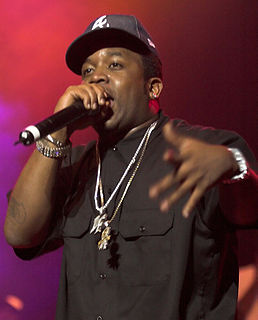A Quote by Carolyn Porco
Scientists tend to come in two stripes: those who have tremendous appetite and aptitude for the details, and those who illuminate the big picture. Sagan was definitely in the latter category, and he was profoundly good at it. He made connections that others did not have the intellectual breadth or courage to make.
Related Quotes
The sad thing about our society is that women are put in one of two categories. You're either in the beautiful category and you're seen as sexy and beautiful, or some version of that, or you're put into another category... The latter category affords women the opportunity to be smart, funny, independent, mean, strong, intelligent and opinionated. We take them seriously as politicians, if they fit into that latter category. We respect their opinions more and give them higher expectations. That latter category is what allows female actors to be characters.
The elements of a good story are most definitely details, little bitty details. That does it, especially when you're describing, when you're setting the scene and everything. It's like you're painting a picture, so details are very important. Also, the music gotta be right. The music can really set the tone for the story and let you know what the story is gonna be about, but definitely, it's the vibe in the place where you at and the detail.
I think that both here and in England there are two schools of thought--those who would be altruistic in regard to the Germans, hoping that by loving kindness to make them Christian again--and those who would adopt a much tougher attitude. Most decidedly I belong to the latter school, for though I am not blood-thirsty, I want the Germans to know that this time at least they have definitely lost the war.
I did a lot of reading of first person accounts from Koreans and combatants and aid workers. And I spoke to relatives. A lot of wonderful photographs were made available to me from that period - 1950-1956 - and those were given to me by a Korean newspaper in Seoul. Ruined villages, refugees streaming through a river valley, GI's and orphans and orphanages, those tiny details that you can only see in a picture.
Success is how you collect your minutes. You spend millions of minutes to reach one triumph, one moment, then you spend maybe a thousand minutes enjoying it. If you were unhappy through those millions of minutes, what good is the thousand minutes of triumph? It doesn't equate... Life is made of small pleasures. Good eye contact over the breakfast table with your wife. A moment of touching a friend. Happiness is made of those tiny successes. The big ones come too infrequently. If you don't have all those zillions of tiny successes, the big ones don't mean anything.
The books I made, most of those books were made in the '80s or early '90s. I was reacting emotionally at that time; it wasn't an intellectual thing. I didn't make those things for public presentation; those were for my friends. So I wasn't doing this to be an advocate for what I'm talking about right about now. But I'm realizing I was working properly as an artist, or whatever you want to call it, as somebody that naturally was inquisitive.




































